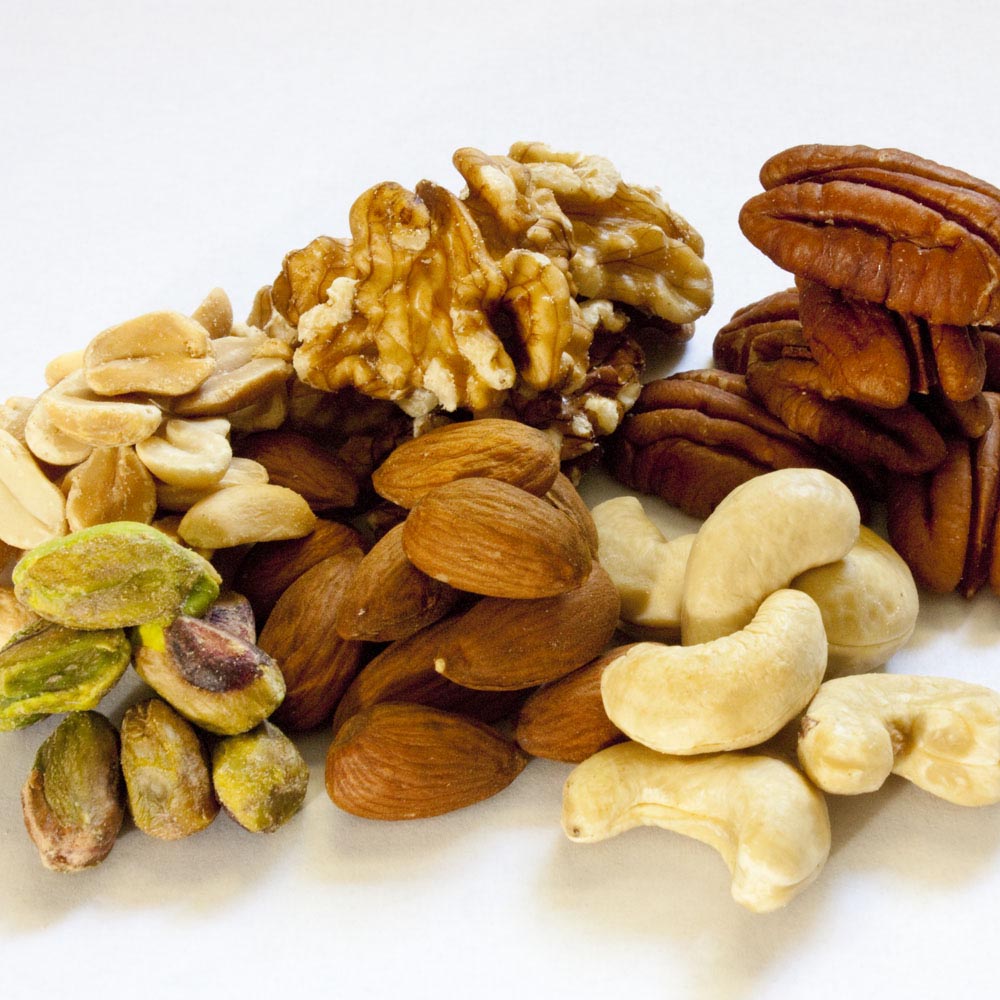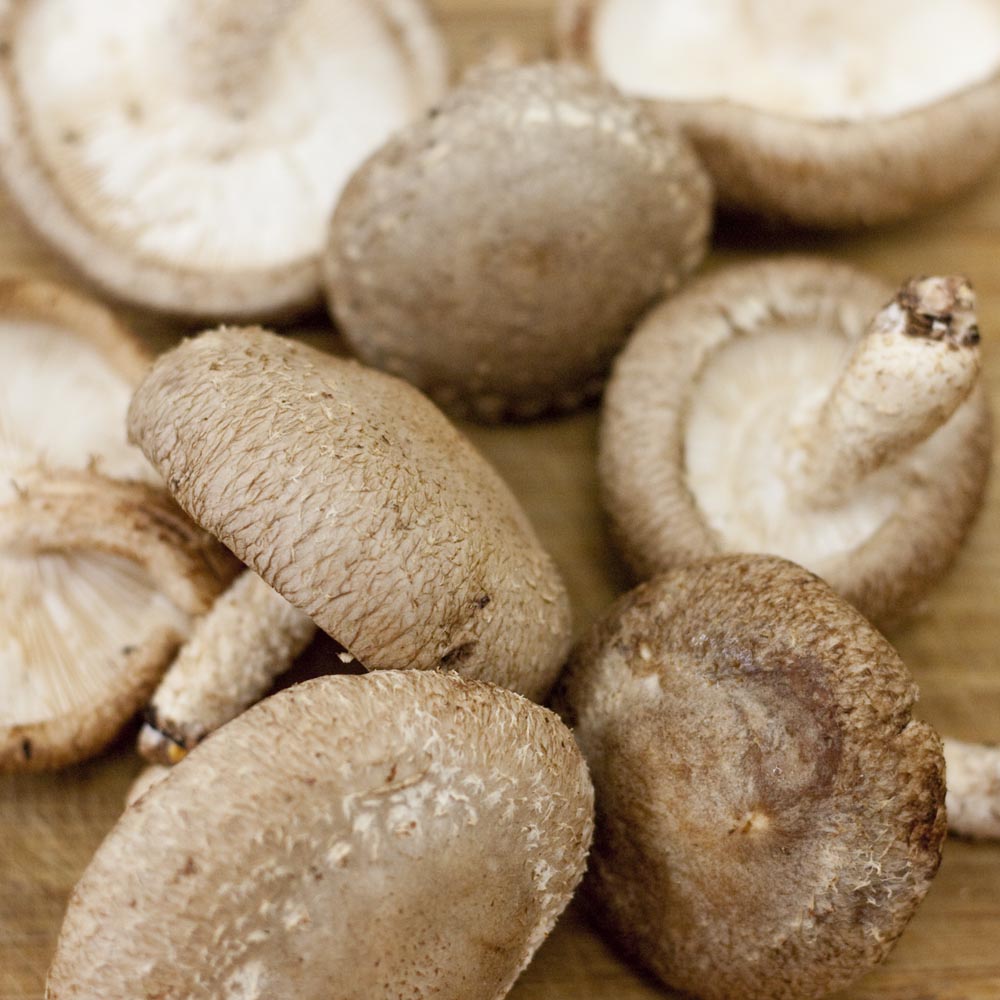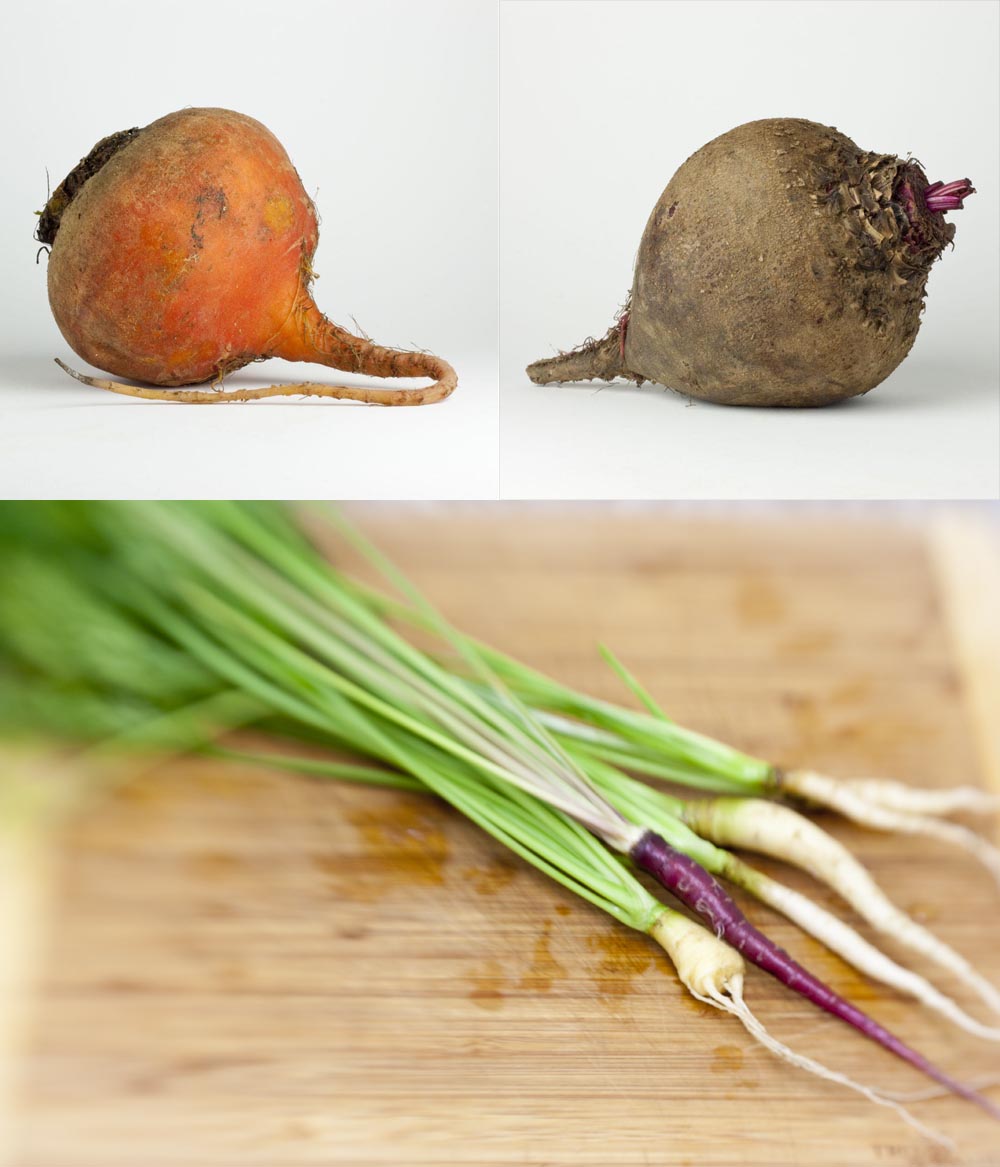I want to give you even more reasons why it is so important for optimum health to eat a whole food diet rather than depend on supplements to supply our nutritional needs. In previous posts I have discussed how supplements usually show less health benefit than eating the whole foods containing the “same” vitamin or mineral and the synergy of eating a wide variety of whole foods for health. This post will explain why these effects occur.
Many “vitamins” are actually a complex of closely related compounds. Scientific studies of diet and health latch onto a specific biological reaction in the body that uses one specific compound, to slow the growth of certain cancer cells or to promote the health of nerve cells between the eyes and the the brain, for example. This is the only logical way to do these studies – to reduce the number of variables to one and concentrate on that specific compound, trying to prove a real health benefit. Unfortunately, that is not the way nature works. Natural biological systems are just not simple and although single compounds may be responsible for certain reactions that cause desirable health benefits, there are almost always many other preliminary steps leading up to that point.

A variety of vegetables that changes from day to day, week to week and month to month is best for overall health.
Vitamins A and E are good examples of this process. Research on vitamin A concentrates on beta-carotene because beta-carotene is the key to reactions promoting some important health benefits, but vitamin A is actually a complex of many related compounds. Research on vitamin E generally concentrates on alpha-tocopherol as it is the most biologically active of the eight compounds comprising the vitamin E complex.
The chemistry leading up to the beneficial reactions involving beta-carotene and alpha-tocopherol is so complex and the possible chains of reactions so long and convoluted that no one at this time really understands how they work. What is very well understood is that taking either natural or man-made beta-carotene or alpha-tocopherol produces only a fraction of the health benefits gained by eating whole foods containing the whole vitamin A complex or the complete vitamin E complex.
The explanation for why whole foods produce more health benefits than isolated supplements is certainly because many of the less-studied or unstudied compounds within these vitamin complexes are involved in preliminary reactions necessary to reach the point where beta-carotene or alpha-tocopherol get to play their key roles in the process. Natural biology is always this way. Things don’t happen in isolation but are part of a larger process. Individual compounds might be the key to specific reactions which benefit our health but those specific compounds need support from many others before they are able to play their part.
These are the true reasons eating a widely varied whole food diet is so important to gaining and maintaining optimum health. Just as parts of a vitamin complex cannot act by themselves, minerals and vitamins cannot play their needed roles without support from a healthy diet. Some examples of this are:
*Vitamins A, D, E and K are fat soluble vitamins. Even though fats have been vilified by our modern medical industry they are an indispensable part of any healthy diet. Without fats, including saturated fats, our bodies cannot absorb or make use of any of the fat soluble vitamins or minerals.
*Whole food based diets supply the full spectrum of vitamins and minerals necessary for health. This includes entire vitamin complexes, not just individual complex components, allowing our bodies to make maximum use of what we eat.
*Just as vitamin complexes act together to promote good health, so do the full range of different vitamins, minerals and other micro-nutrients work in together. A shortage of any single vitamin or other nutrient hampers our body’s ability to make full use of the others.

Just a few nuts several times each week can improve health and supply necessary fats in animal-poor diets.
So try to eat a widely varied whole food diet whenever possible. It is what our bodies are evolved to eat. We are omnivores that can live in a wider range of habitats than any other species, from tropical desert islands to rain forests to arctic coastlines and continental plains. We can be healthy eating diets of mostly seafood and blubber, of mostly fruits and vegetables or of mostly grains, leaves and roots. This is only if we eat the whole foods available, though: most of the fruit and vegetable skins and seeds, most of the grain hulls and root skins, the fat as well as the meat of fish and animals. Nothing in nature or in biology happens in isolation and if we attempt to eat isolated diets it will adversely impact our health.



Pingback: Basic “Quick” Bread Recipe | Think, Eat, Be Healthy